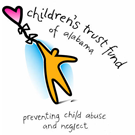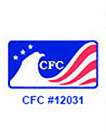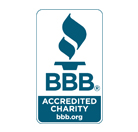Interviewing Vulnerable Victims Training
August 10-12, 2021
The NCAC Training Center continues to follow the latest CDC recommendations for in-person gatherings and travel. Training will remain in the virtual training center through September 2021.
Thirty years of empirical research on children’s memory abilities and forensic interviewing has given us an understanding of the optimal questioning approaches and interview strategies for gathering information from children possessing the cognitive and linguistic abilities to describe their experiences and who are motivated to share that information with the interviewer. However, there is still much to be learned about effective strategies for obtaining accurate information from children who are less able to communicate about their experiences or who are reluctant to talk.
Some children are particularly vulnerable to maltreatment and face additional challenges in describing their experiences in the forensic interview because they exhibit mild to moderate emotional and social problems, developmental delays or disorders, or suffer from the impact of chronic trauma and/or neglect. Other vulnerable children who engage in self-harming behaviors, anti-social behaviors, or have a history of engagement with the child protection or juvenile justice systems may be reluctant to participate in the forensic interview or may provide misinformation.
This training will focus on the interview challenges presented by this population of vulnerable children and will be provided by professionals who are familiar with the science informing our practice and who routinely conduct forensic interviews for a multidisciplinary team inside of a CAC. While discussion of research and theory will be included, the emphasis will be on interviewing strategies and adaptations that are evidence-informed, as well as, culturally and trauma-sensitive. Training participants will be immersed in interactive presentations and discussions.
This training is NOT protocol specific. While all protocols are welcome, this training will be most useful to those utilizing protocols that are flexible and narrative-driven.
Child Forensic Interviewing: Best Practices. OJJDP Juvenile Justice Bulletin
For more information, contact Kristen Howard or call 256-327-3746.










